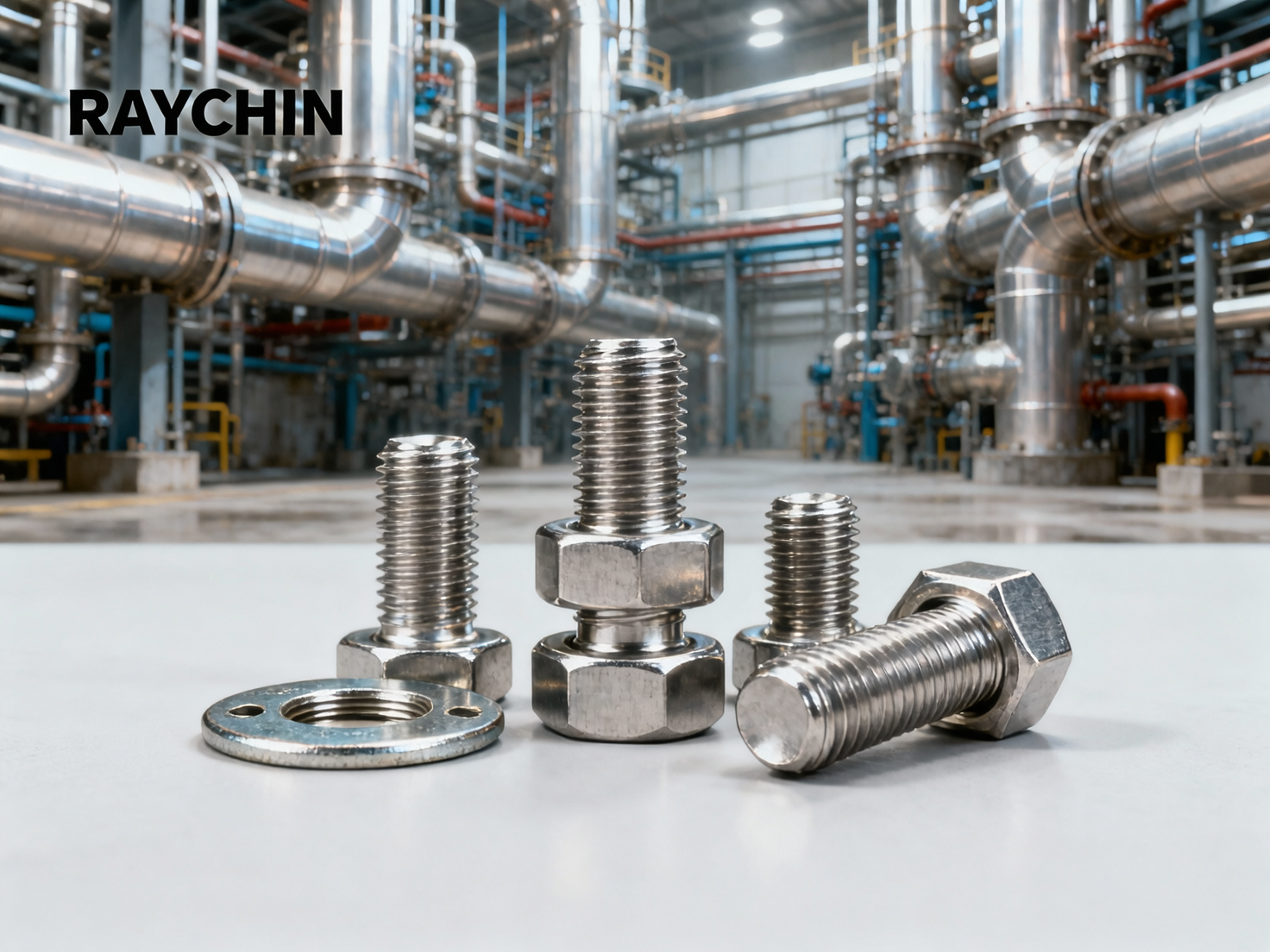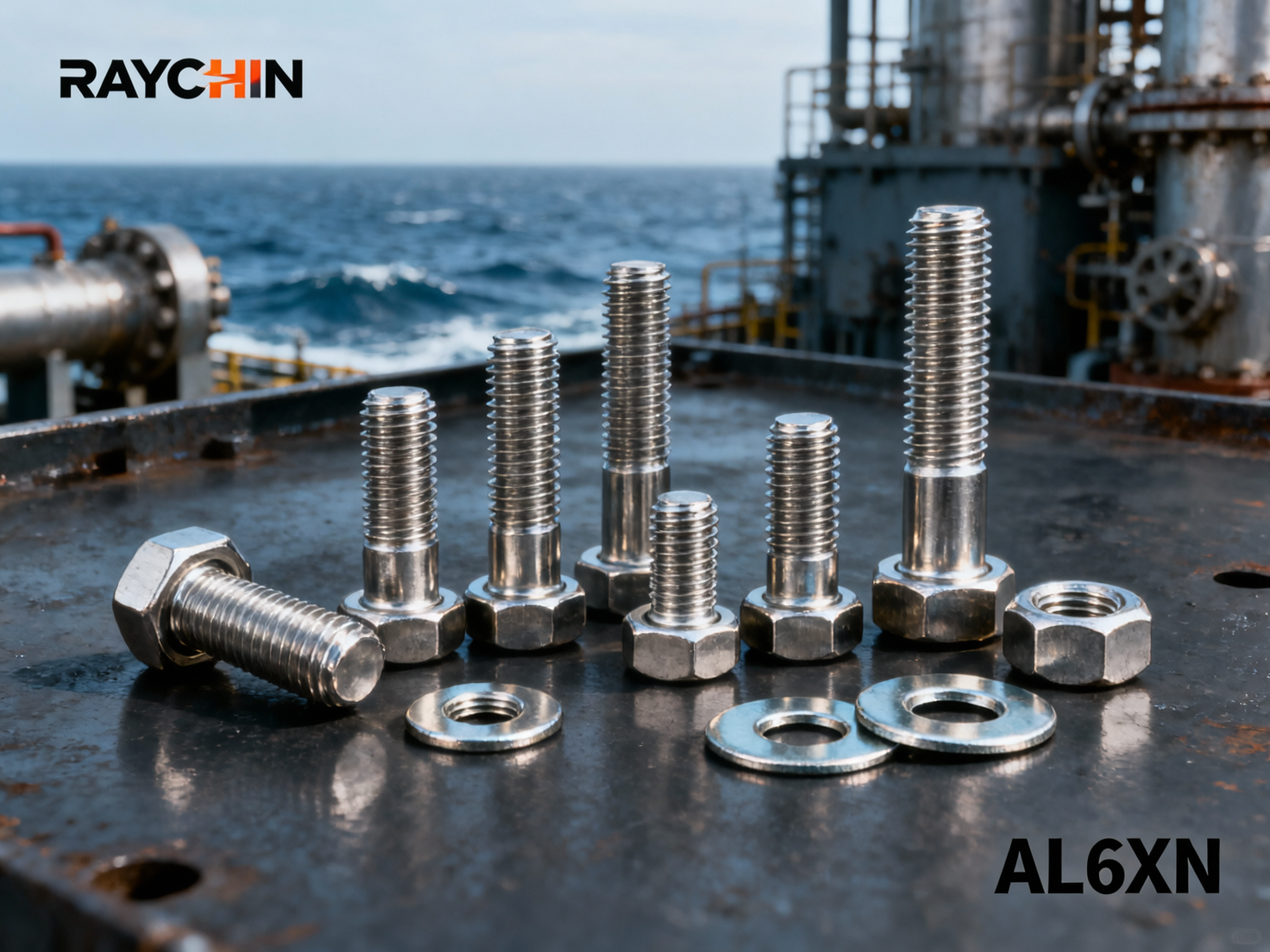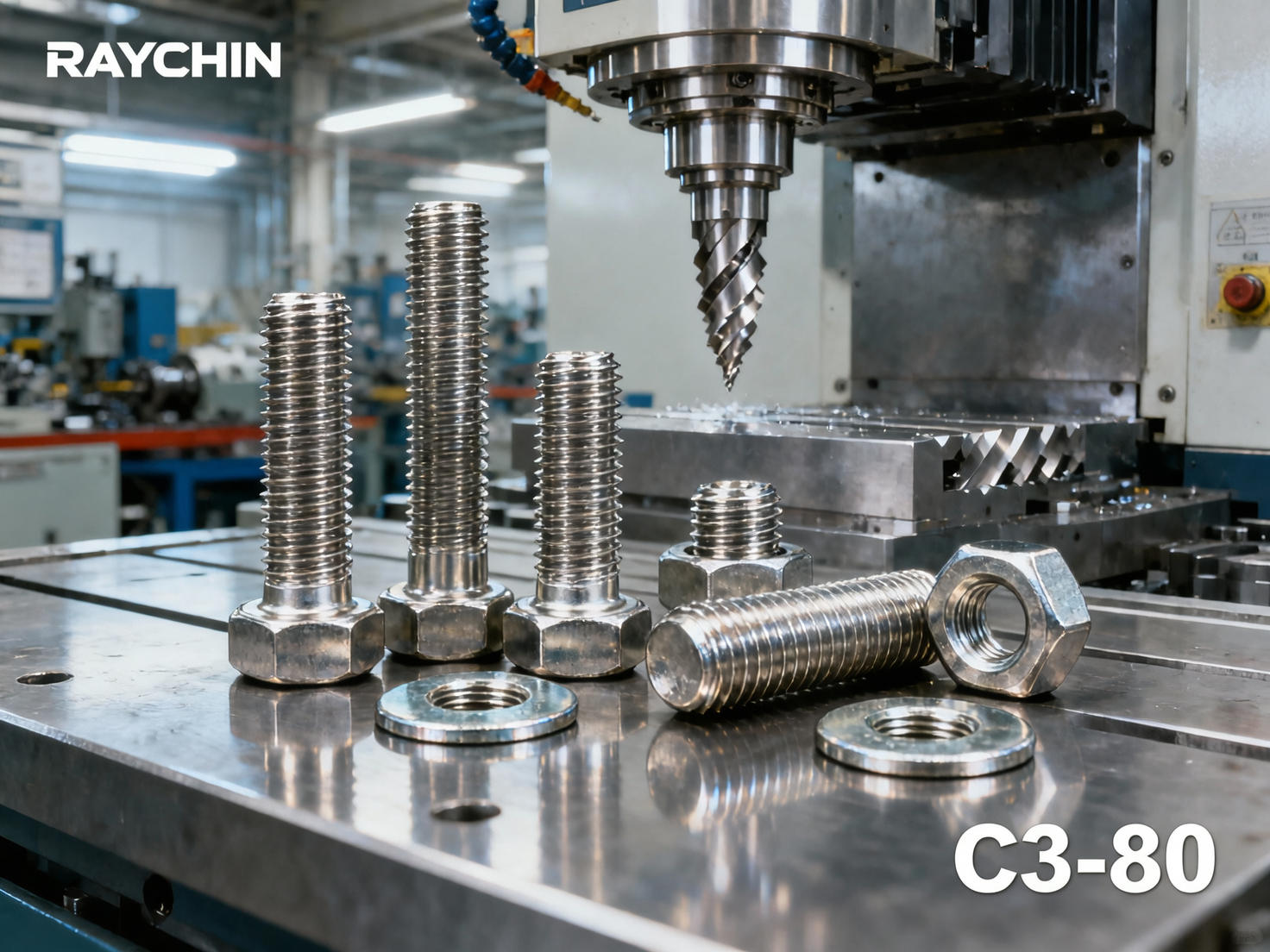Categories List
Recent Posts
![Duplex Stainless Steel Fasteners: The Guide to High-Strength Corrosion-Resistant Fastening Solutions Duplex Stainless Steel Fasteners: The Guide to High-Strength Corrosion-Resistant Fastening Solutions]() Duplex Stainless Steel Fasteners: The Guide to High-Strength Corrosion-Resistant Fastening Solutions
Duplex Stainless Steel Fasteners: The Guide to High-Strength Corrosion-Resistant Fastening Solutions![AL6XN Fasteners: The Guide to Super-Austenitic Stainless Steel Solutions for Severe Chloride Environments AL6XN Fasteners: The Guide to Super-Austenitic Stainless Steel Solutions for Severe Chloride Environments]() AL6XN Fasteners: The Guide to Super-Austenitic Stainless Steel Solutions for Severe Chloride Environments
AL6XN Fasteners: The Guide to Super-Austenitic Stainless Steel Solutions for Severe Chloride Environments![C3-80 Fasteners: The Complete Guide to Martensitic Stainless Steel Solutions for General Corrosion Resistance C3-80 Fasteners: The Complete Guide to Martensitic Stainless Steel Solutions for General Corrosion Resistance]() C3-80 Fasteners: The Complete Guide to Martensitic Stainless Steel Solutions for General Corrosion Resistance
C3-80 Fasteners: The Complete Guide to Martensitic Stainless Steel Solutions for General Corrosion Resistance
Why Inconel Fasteners Outperform in Extreme Conditions?
When engineering systems face temperatures exceeding 1000°F (538°C), corrosive chemicals, or intense mechanical stress, conventional steel fasteners rapidly degrade. Inconel fasteners – a family of nickel-chromium superalloys – maintain structural integrity where others fail. Their unique combination of oxidation resistance, creep resistance, and fatigue strength makes them indispensable across critical industries.
1. Metallurgical Advantages of Inconel Fasteners
1.1 Corrosion Resistance Beyond Stainless Steel
While stainless steel relies on chromium oxide for protection, Inconel alloys (typically 50-70% nickel with 15-25% chromium) form a dual oxide layer. This passive film regenerates even when damaged, resisting:
- Sulfuric and hydrochloric acid exposure in chemical processing plants
- Saltwater pitting in offshore oil rigs
- Chloride stress corrosion cracking in desalination systems
1.2 High-Temperature Performance Metrics
Inconel bolts retain 85% of room-temperature tensile strength at 1200°F (649°C), compared to carbon steel's 50% loss at 800°F (427°C). Key thermal properties include:
2. Critical Applications by Fastener Type
2.1 Inconel Bolts in Turbine Assembly
Gas turbine engines demand Inconel 718 bolts for compressor section assembly, where they withstand:
- Cyclic loading from 15,000 RPM operation
- Combustion gas exposure at 1300°F+
- Vibration-induced fretting wear
2.2 Inconel Nuts for Flange Connections
In high-pressure piping systems, Inconel 625 nuts prevent galling when torqued to 75 ft-lbs on ASTM A193 B8M studs. Their cold-worked microstructure provides:
- 30% higher proof load than annealed counterparts
- Consistent thread engagement after thermal cycling
- Reduced risk of hydrogen embrittlement
2.3 Inconel Washers in Electrochemical Cells
Chlor-alkali plants use Inconel C-276 washers as insulating spacers between dissimilar metals. The alloy's 6.0% molybdenum content prevents:
- Galvanic corrosion in brine solutions
- Localized attack from hypochlorite byproducts
- Crevice corrosion under gasket compression
3. Specification and Selection Guidance
When specifying Inconel stud bolts or other fasteners, engineers should evaluate:
- Temperature range: Inconel 600 for sustained 2000°F vs. Inconel 718 for 1300°F with higher strength
- Chemical exposure: C-276 for reducing acids, 625 for oxidizing environments
- Load requirements: Age-hardened 718 offers 180 ksi tensile strength
- Thread standards: UNRC for general use, UNJ for aerospace applications
Leading manufacturers provide ASTM B637/B564 certified fasteners with full material traceability. Third-party testing verifies critical properties like:
- Charpy impact values at service temperatures
- Stress rupture testing data
- Intergranular corrosion resistance per ASTM G28
4. Cost-Benefit Analysis
While Inconel fasteners carry 3-5x the upfront cost of carbon steel alternatives, their total cost of ownership proves superior through:
- Extended service life: 8-10 years in refinery applications vs. 18-24 months for stainless
- Reduced downtime: Eliminates unplanned maintenance for fastener replacement
- Safety factors: Prevents catastrophic failures in pressure boundary systems
For mission-critical applications, the metallurgical advantages of Inconel bolts, nuts, washers, and stud bolts deliver unmatched reliability. Their ability to maintain mechanical properties in extreme environments justifies the investment for industries where failure is not an option.
Request A Quote! We'll respond as soon as possible(within 12 hours)
Get a Quote



